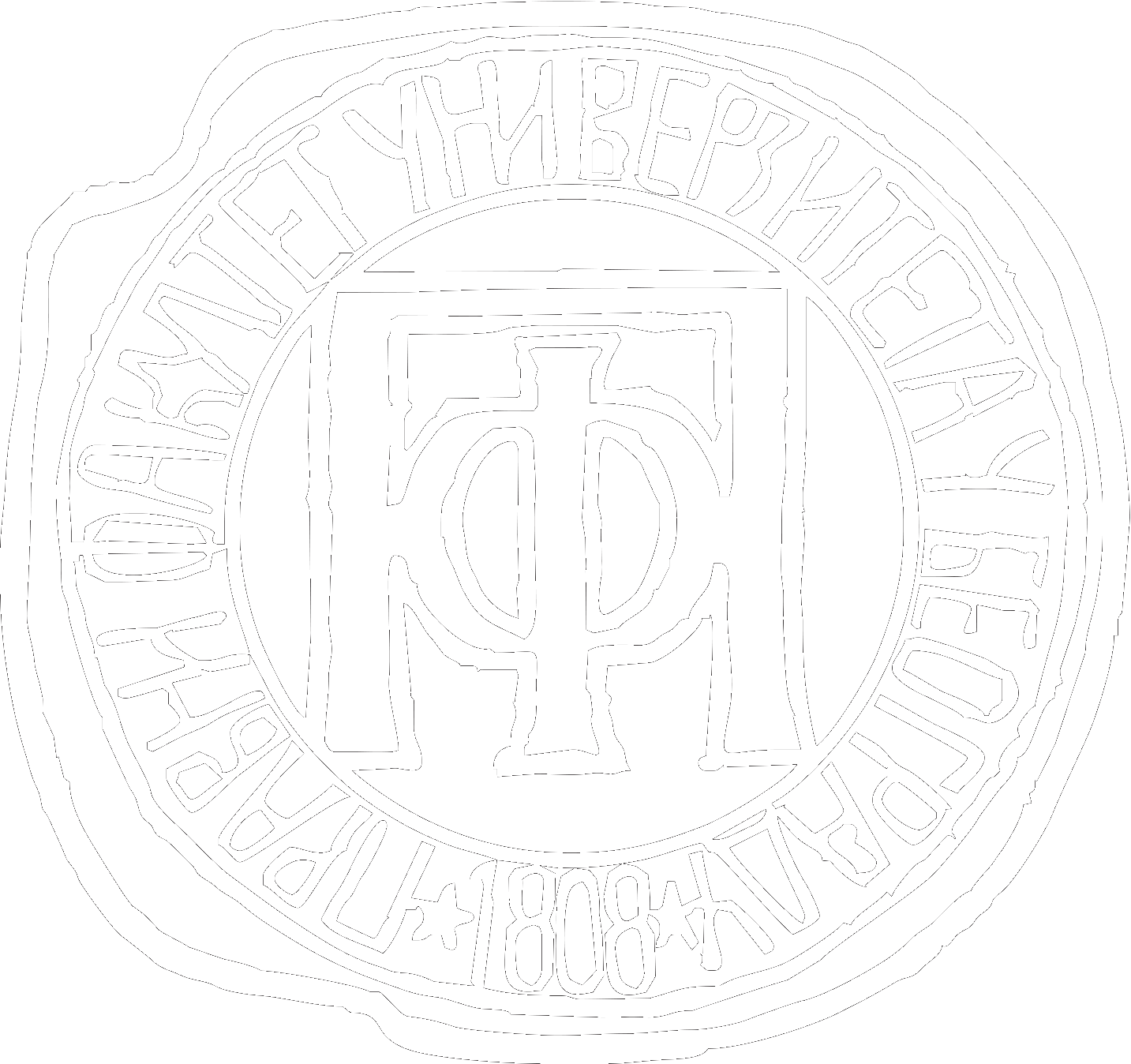Online ISSN 2683-5800
Print ISSN 2217-219X
Guidelines for Peer Reviewers
You can download the guidelines for authors at this link.
Selection of Peer Reviewers
Peer reviewers are selected based on their expertise in the subject matter of the manuscript under consideration. The selection process ensures that reviewers have the necessary qualifications and knowledge to provide a rigorous, impartial evaluation of the manuscript. Factors considered during the selection process include:
• Academic and professional expertise relevant to the manuscript’s content.
• Prior experience in academic publishing, such as reviewing for similar journals or publishing in the field.
• Impartiality and lack of conflict of interest with the authors of the manuscript.
• Availability to complete the review in a timely manner.
In some cases, editors may invite reviewers based on recommendations from authors or suggestions within the editorial team.
Number of Peer Reviewers
Typically, each manuscript is reviewed by two independent peer reviewers to ensure balanced and fair assessment. This helps provide a comprehensive and unbiased evaluation of the manuscript, ensuring that all aspects of the study are adequately scrutinized.
Responsibilities of Reviewers
Reviewers play a crucial role in maintaining the quality and integrity of academic publishing. Their primary responsibilities include:
• Evaluating the manuscript thoroughly in terms of its significance, originality, methodology, and accuracy.
• Providing constructive feedback to the authors to improve the clarity, quality, and scientific rigor of the manuscript.
• Identifying flaws or weaknesses in the manuscript that could impact its validity, reproducibility, or interpretation.
• Recommending decisions on the manuscript, including acceptance, revision (minor or major), or rejection, based on the review.
• Reporting any conflicts of interest or biases that may affect the review process.
Ethics of Reviewing
Peer reviewers must adhere to high ethical standards during the review process, which includes:
• Objectivity: Reviewers should provide an unbiased assessment of the manuscript. Reviews should focus on the quality of the research, not personal opinions or preferences.
• Fairness: All authors should be treated equitably, and reviews should be based on the content of the manuscript, not the identity of the authors.
• Respect for intellectual property: Reviewers must not plagiarize, and they should not use or disseminate any ideas, data, or materials from the manuscript without proper citation.
Conflicts of Interest
Reviewers must disclose any conflicts of interest that may bias their evaluation of the manuscript. These could include:
• Personal relationships with the authors (e.g., family, close friends).
• Academic or professional rivalries that could create bias.
• Financial or commercial interests in the subject matter of the manuscript.
If a reviewer feels that they cannot provide an unbiased evaluation due to any of these conflicts, they should recuse themselves from the review process.
Confidentiality of the Review Process and Materials Submitted
Peer review is a confidential process, and reviewers must respect the confidentiality of the manuscript and all associated materials. Reviewers should:
• Not share or discuss the manuscript or its content with others outside of the review process.
• Use the manuscript solely for the purpose of evaluation and not for personal or professional gain.
• Not retain copies of the manuscript or any author materials after the review is complete unless explicitly instructed by the journal.
Procedure for Nominating a Co-Reviewer
In certain circumstances, a reviewer may wish to nominate a co-reviewer (another expert) to assist in evaluating a manuscript. This can be done if:
• The reviewer feels they lack expertise in a particular area of the manuscript.
• The reviewer is unable to complete the review on their own due to time constraints or other valid reasons.
If a reviewer wants to nominate a co-reviewer, they must:
• Seek approval from the editor before involving a third party.
• Ensure that the co-reviewer meets the same ethical and professional standards.
• The editor will ensure that all nominated reviewers do not have any conflicts of interest and are willing to complete the review.
How to Perform a Review and Time Allowed
Reviewers are expected to:
• Provide a thorough evaluation of the manuscript, including its structure, methodology, results, and conclusions.
• Ensure that the manuscript meets ethical guidelines and is not based on fraudulent or plagiarized data.
• Evaluate clarity and readability, and assess whether the manuscript adequately communicates its findings.
Reviewers are typically allowed 2–4 weeks to complete their review. If additional time is required, reviewers should contact the editorial office to request an extension. Timely reviews are crucial to maintaining an efficient publication process.
What Reviewers Should Do if They Suspect Research or Publication Misconduct
If reviewers suspect research or publication misconduct, they must report this to the editor immediately. This includes:
• Plagiarism (e.g., copying data, text, or ideas without proper citation).
• Fabrication or falsification of data.
• Salami slicing (fragmenting research into smaller publications to increase output).
• Duplicate publication (submitting the same work to multiple journals without disclosure).
• Authorship disputes that may indicate unethical practices.
Reviewers should provide any evidence of misconduct to the editor, who will handle the issue in accordance with the journal's policies and may escalate the matter to the appropriate authorities.
How to Prepare the Review Report
Reviewers should prepare a detailed review report that includes:
• Summary of the manuscript: A brief description of the study’s objectives, methodology, findings, and conclusions.
• Evaluation of the scientific merit: An assessment of the validity of the research methods, results, and conclusions.
• Strengths of the manuscript: Positive aspects that should be highlighted.
• Areas for improvement: Specific feedback on where the authors can improve their work, including questions to address or additional research to conduct.
• Recommendations: A decision recommendation (accept, minor revision, major revision, reject) along with a rationale for the recommendation.
Reviewers should be constructive in their feedback, offering suggestions to improve the manuscript, while being respectful and professional.
Who Owns the Review?
The review report is owned by the journal and remains confidential. Reviewers cannot share their reports or opinions outside of the review process. Once submitted, the report becomes the intellectual property of the journal, and it will be used to inform the editorial decision on the manuscript.
Decision on Acceptance, Revision, or Rejection
After receiving the peer reviews, the editor will make one of the following decisions:
• Accept: The manuscript is accepted for publication without any further changes.
• Minor Revisions: Authors are invited to make small adjustments and resubmit the manuscript for final approval. These revisions may involve clarifying points, fixing minor errors, or addressing minor methodological issues.
• Major Revisions: Authors must address significant concerns raised by reviewers and resubmit the manuscript. The revised manuscript may undergo another round of peer review.
• Reject: The manuscript is deemed unsuitable for publication in the journal due to major flaws in the research, methodology, or presentation.
The reviewer’s recommendation is not binding, but it heavily influences the editor's decision.
Review of Submitted Revisions and Handling Appeals
If a manuscript is revised, the reviewer may be asked to review the revised version. The reviewer should assess whether the authors have adequately addressed all concerns raised in the initial review.
If an author disagrees with the editorial decision, they have the option to appeal. The appeal should be based on:
• A clear explanation of why the author believes the decision was incorrect.
• New evidence or clarification of previous misunderstandings.
The editor will review the appeal and, if necessary, may consult the reviewer again or invite additional reviewers for a second opinion.
Conclusion
Peer reviewers are an essential part of the academic publishing process. By following these guidelines, reviewers ensure the integrity, quality, and ethical standards of the journal. Their contributions help maintain the credibility of published research and contribute to the scientific community.










